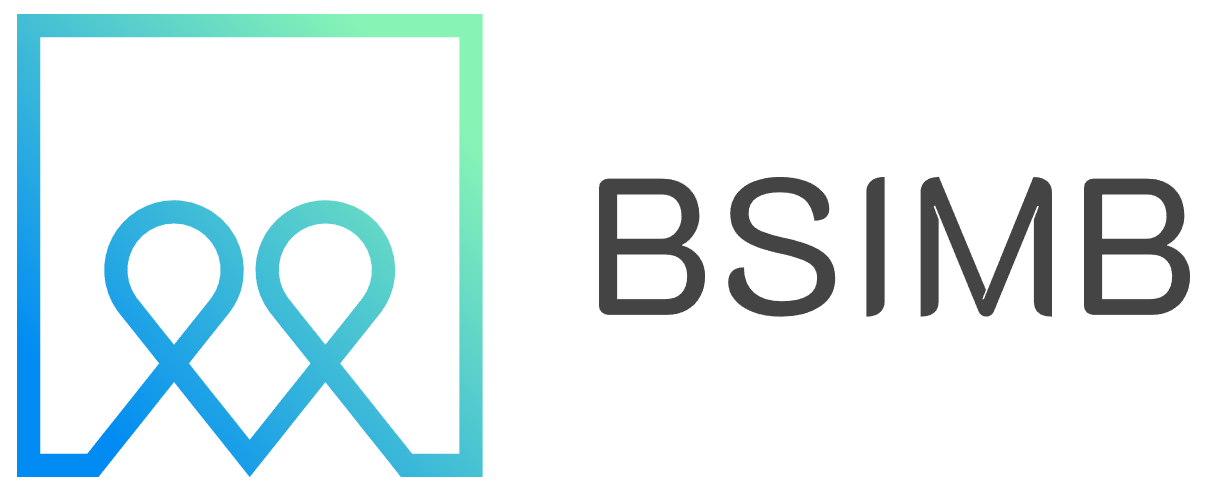Choosing the right calendar for elderly loved ones with dementia or Alzheimer's can make a significant difference in their daily routine and overall well-being. As cognitive abilities change, maintaining a sense of time and structure becomes both more challenging and more important than ever.
When my grandmother began showing early signs of memory loss, I noticed she would frequently ask about appointments and become anxious about missing important events. After trying several different approaches, we discovered that the right type of calendar system could provide her with the reassurance and structure she needed to feel more confident about her daily activities.
Why Calendars Matter for Dementia Patients
For individuals living with dementia or Alzheimer's disease, calendars serve as more than simple scheduling tools. They provide essential cognitive support by offering visual cues about time, reducing anxiety about forgotten appointments, and helping maintain independence for as long as possible.
Traditional wall calendars may become difficult to read or understand as the condition progresses. This is where specialized calendar solutions designed specifically for seniors with cognitive challenges become invaluable. These tools can help bridge the gap between declining memory and the need for temporal orientation.
Digital Calendar Options for Elderly Users
Electronic calendars have evolved to become more accessible for seniors. Modern digital options often feature large, clear displays with high contrast text that's easier to read. Many digital calendars for elderly users include automated voice announcements that can remind users of upcoming appointments without requiring them to actively check the display.
Touch-screen digital calendars designed for dementia patients typically feature simplified interfaces with fewer buttons and clearer navigation. Some models automatically adjust brightness based on ambient light and can display information in multiple formats, including day, week, and month views.
One significant advantage of electronic calendars is their ability to sync with family members' devices. This feature allows caregivers and relatives to remotely add appointments or important reminders, ensuring that the calendar stays current without requiring the elderly person to make updates themselves.
Traditional Paper Calendar Solutions
Despite technological advances, many seniors with dementia respond better to familiar, tactile paper calendars. Large-print calendars with clear date numbers and plenty of writing space remain popular choices for good reason.
Daily tear-off calendars can be particularly effective for dementia patients because they provide a clear indication of the current date. The physical act of tearing off yesterday's page and revealing today's information can become a meaningful daily ritual that helps reinforce temporal awareness.
Wall-mounted calendars positioned at eye level in frequently visited areas of the home work well for many elderly individuals. The key is choosing calendars with bold, easy-to-read fonts and avoiding overly decorative designs that might cause visual confusion.
Features to Look for in Dementia-Friendly Calendars
When selecting a calendar for someone with dementia, several specific features can significantly impact usability. Large, clear numbers are essential, as vision changes often accompany cognitive decline. High contrast between text and background colors improves readability, while simple, uncluttered layouts prevent confusion.
Color coding can be an effective organizational tool, allowing different types of appointments or activities to be easily distinguished. Medical appointments might appear in one color, while social activities use another, creating visual patterns that become familiar over time.
Some specialized calendars include picture cues alongside text, which can be particularly helpful for individuals who respond better to visual information than written words. These images might represent different types of activities or serve as memory triggers for recurring events.
Setting Up an Effective Calendar System
The location and presentation of a calendar system can be just as important as the calendar itself. Positioning calendars in central, well-lit areas where they'll be seen multiple times throughout the day helps reinforce their information.
Creating consistent routines around calendar use can help establish helpful habits. This might involve checking the calendar at the same time each day or using it as part of morning or evening routines.
Family members and caregivers should maintain calendars consistently, using the same terminology and formatting for similar types of appointments. This consistency helps create predictable patterns that become easier to understand and remember.
Appointment Scheduling Strategies
When managing appointment calendars for elderly individuals with dementia, simplicity is key. Scheduling appointments during times when the person typically feels most alert and comfortable can improve their experience and reduce anxiety.
Building in extra time before and after appointments allows for a more relaxed pace and reduces the stress associated with rushing. This approach also provides buffer time for any confusion or delays that might arise.
Some families find success with appointment reminder systems that begin several days before the scheduled event. These gentle reminders help prepare the individual mentally and can reduce day-of anxiety.
Technology Integration and Family Coordination
Modern calendar solutions often allow multiple family members to stay connected and coordinated in care efforts. Shared digital calendars enable adult children, spouses, and professional caregivers to all access the same scheduling information.
Some electronic calendar systems include emergency contact features and can send automatic notifications to designated family members if appointments are missed or if unusual patterns are detected.
However, it's important to balance technological features with the individual's comfort level and capabilities. The most sophisticated system won't be effective if the person finds it confusing or intimidating to use.
Finding the right calendar solution for seniors with dementia often involves some trial and adjustment. What works well in early stages of the condition may need to be adapted as needs change. The goal is always to provide maximum support while maintaining as much independence and dignity as possible. Whether digital or traditional, simple or feature-rich, the best calendar is one that fits seamlessly into daily life while providing the structure and reassurance that can make each day a little easier to navigate.
